Health And Medicine
-
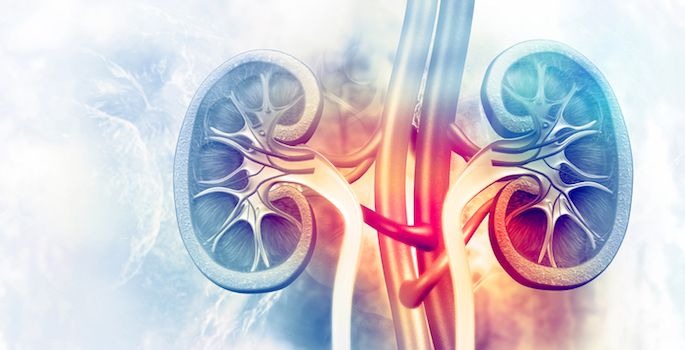
Acute kidney injury recovery time impacts future risk
Interventions that impact the timing of recovery following acute injury may improve future outcomes for patients. Read MoreOct 31, 2019
-

Imaging host-pathogen battle for metal
An unprecedented view of bacterial products within infected tissues opens new opportunities to explore infection biology and devise novel therapeutic strategies. Read MoreOct 31, 2019
-

High fiber, yogurt diet associated with lower lung cancer risk
A diet high in fiber and yogurt is associated with a reduced risk for lung cancer, according to a study by Vanderbilt University Medical Center researchers. Read MoreOct 28, 2019
-

Team set to study undiagnosed congenital diarrhea in infants
Researchers at four institutions, including Vanderbilt, have been awarded a five-year, $9.4 million federal grant to tackle undiagnosed congenital diarrheas caused by a single gene mutation. Read MoreOct 24, 2019
-

Another way to detect lymphedema
Early detection of lymphedema, which occurs in 20% of patients following breast cancer treatment, may improve therapeutic options for patients. Read MoreOct 22, 2019
-

Completing DNA synthesis
James Dewar and colleagues have identified a role for the enzyme topoisomerase II in reducing replication errors during the final stage of DNA synthesis. Read MoreOct 21, 2019
-

Microscopic spines connect worm neurons
Worm neurons have microscopic “spines” — where nerve-to-nerve communication happens — that share features with mammalian neurons, supporting the use of worms to study spine genetics and biology. Read MoreOct 17, 2019
-
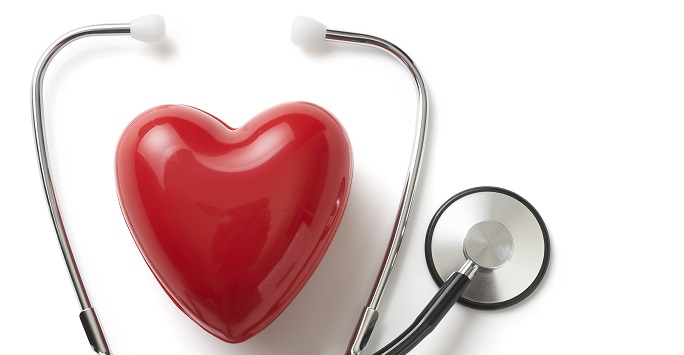
Less inflammation = better healing
Immune cells that produce an anti-inflammatory factor are enriched in fat tissue around the heart and may be good targets to improve heart attack outcomes. Read MoreOct 17, 2019
-
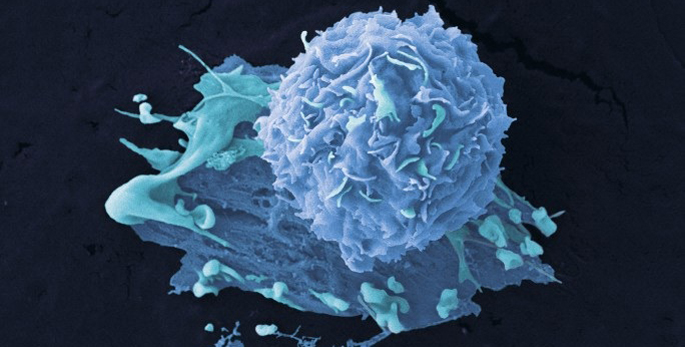
Study finds men have higher mortality rate after breast cancer diagnosis
A new study shows men with breast cancer are more likely to die than their female counterparts, across all stages of disease. Read MoreOct 17, 2019
-
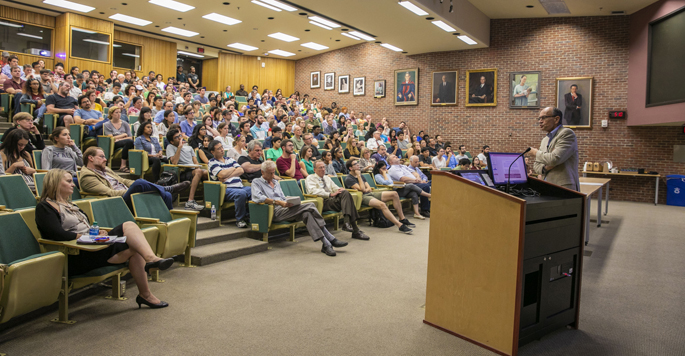
Nobel laureate Südhof reviews his landmark signaling research
The human brain consists of perhaps as many as 1,000 trillion synapses, which transmit signals from one nerve cell to another with amazing speed, precision and plasticity. Read MoreOct 10, 2019
-

A new regulator of B cell development
New findings establish a role for the pro-inflammatory molecule IL-33 in the early development of antibody-producing B cells. Read MoreOct 8, 2019
-

AI maps routes to heart disease
Machine learning on unlabeled electronic health record data has shed light on the emergence of cardiovascular disease. Read MoreOct 7, 2019
-

Study: personalized decision support affects intensive care
For patients in pediatric intensive care who are at high risk for acute kidney injury (AKI), giving clinicians automated decision support during the electronic order entry process increased the rate of blood testing for AKI by 9%. Read MoreOct 3, 2019
-
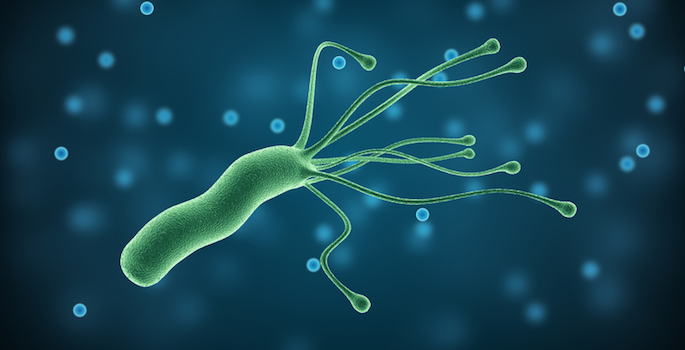
A step toward gastric cancer
New research findings provide insight into the detrimental events that develop in response to H. pylori infection. Read MoreOct 3, 2019
-

Team discovers one more piece to the autism puzzle
Vanderbilt investigators have linked genetic mutations in a single receptor to epilepsy, autism and intellectual disability. Read MoreOct 3, 2019
-
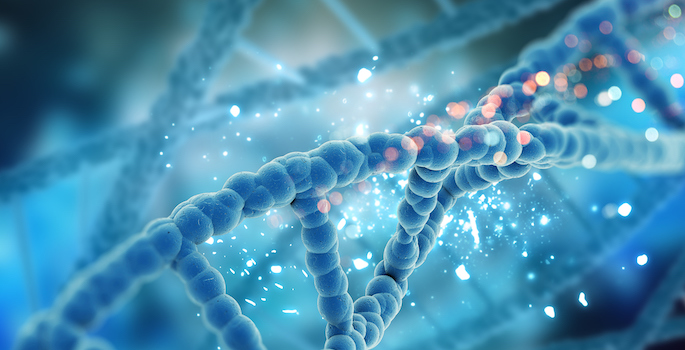
A catalog of DNA replication proteins
Vanderbilt scientists have identified 593 proteins that are enriched at sites of DNA duplication and chromatin packaging of newly synthesized DNA. Read MoreOct 3, 2019
-

Research team sorts out drug screen false positive results
Vanderbilt investigators have identified 13 previously unknown drug compounds that cause false positive screenings for amphetamines, buprenorphine (an opioid), cannabinoids and methadone. Read MoreOct 2, 2019
-
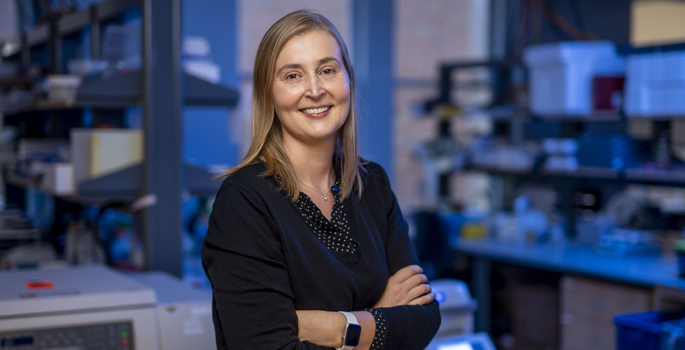
Pua lands NIH Director’s New Innovator Award
Heather Pua, MD, PhD, one of 60 investigators to receive the 2019 NIH Director’s New Innovator Award, will explore a novel type of cell signaling by RNAs in allergic airway inflammation. Read MoreOct 1, 2019
-

Study shines light on architecture of kidney disease
A study of 280,000 U.S. veterans, including 56,000 African Americans, has identified in greater detail than ever before the genetic architecture of kidney function and chronic kidney disease (CKD), according to researchers at Vanderbilt University Medical Center and their colleagues. Read MoreSep 25, 2019
-

Diabetes drug study explores cardiovascular risks for patients with kidney disease
An observational study using medical record information from nearly 50,000 U.S. military veterans sheds new light on which drugs are best for patients with Type 2 diabetes and one of its common complications, kidney disease. Read MoreSep 25, 2019